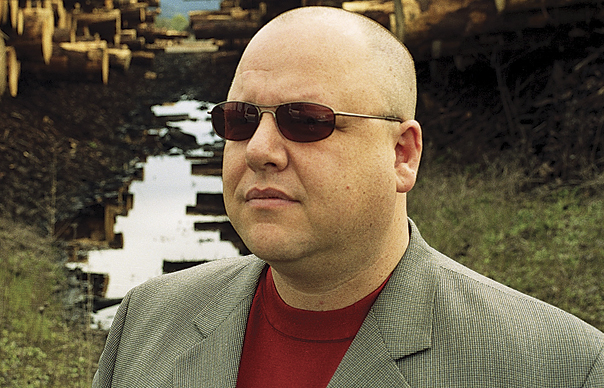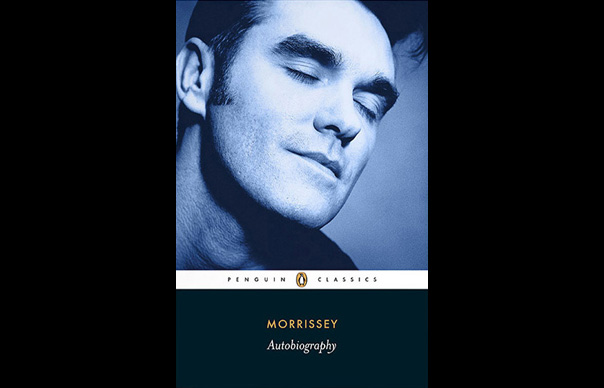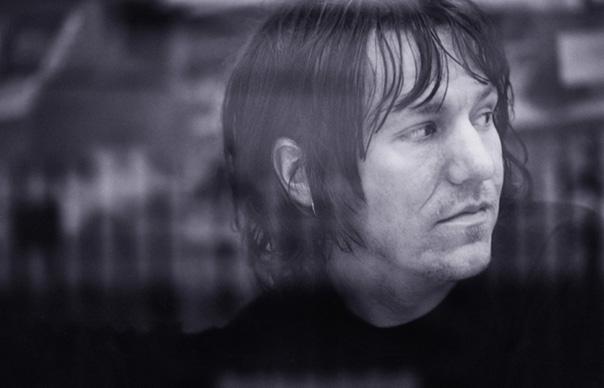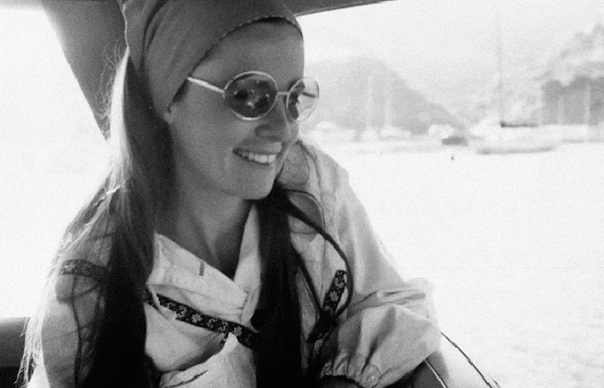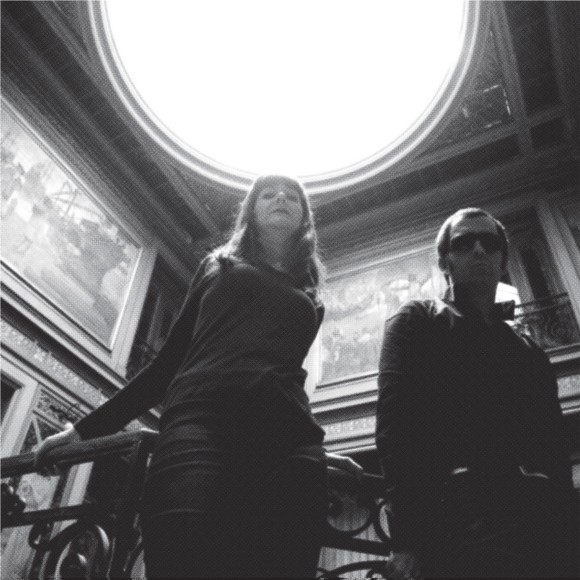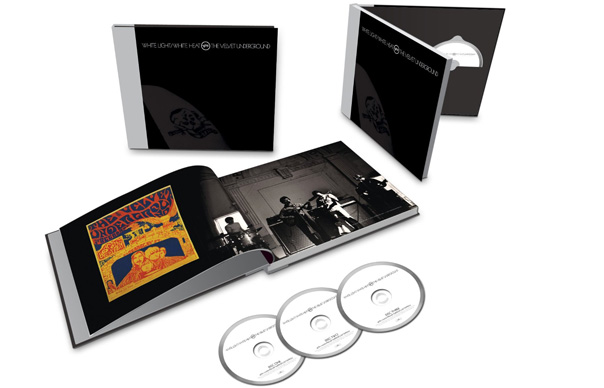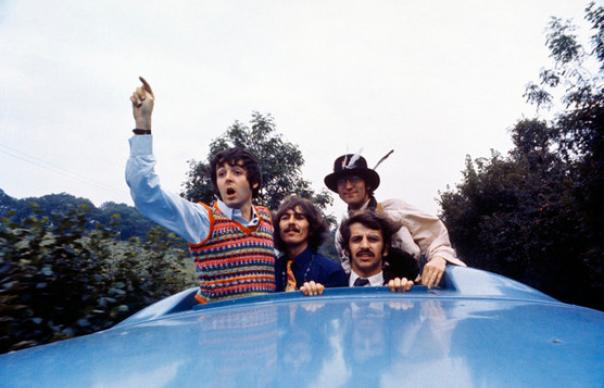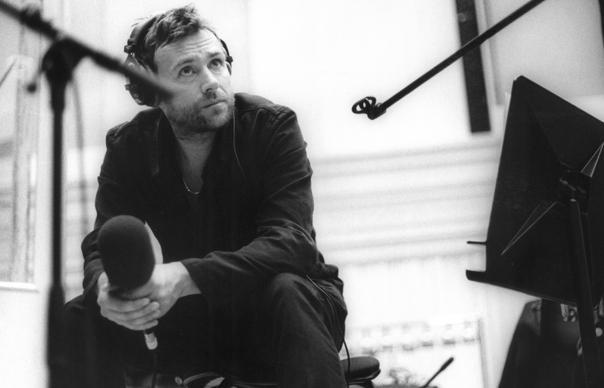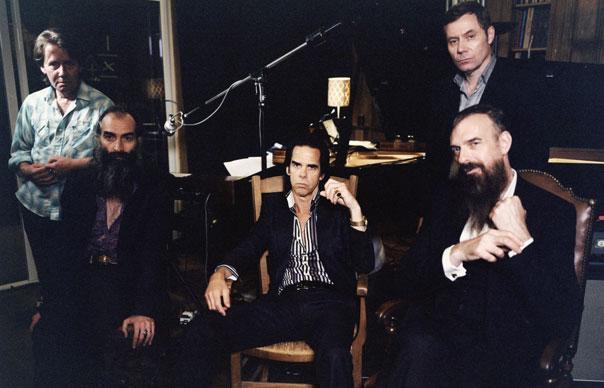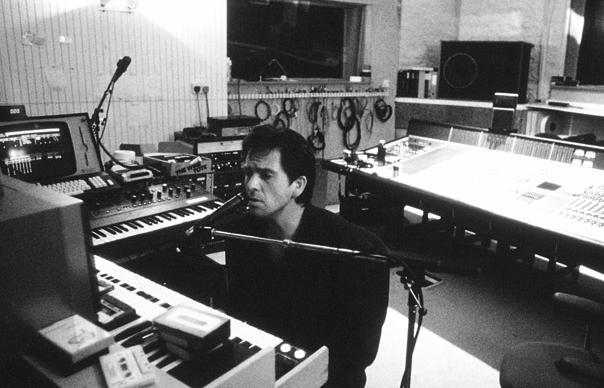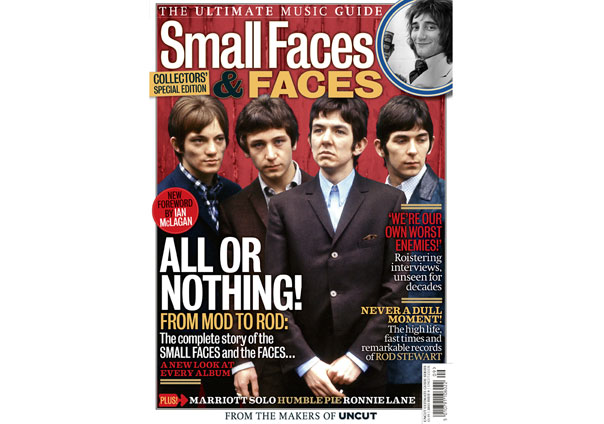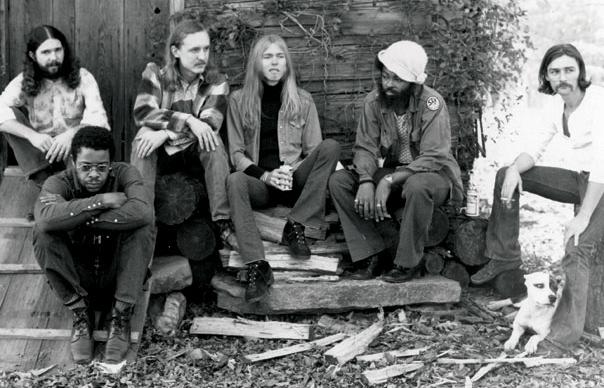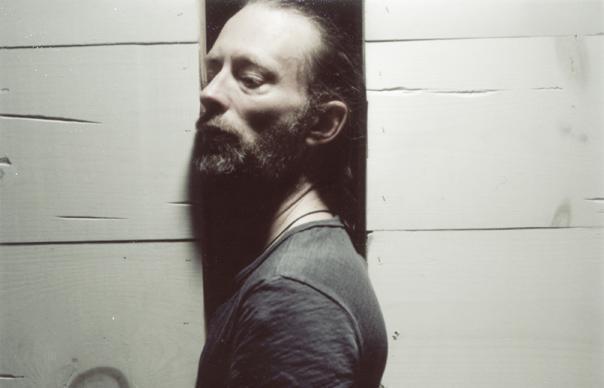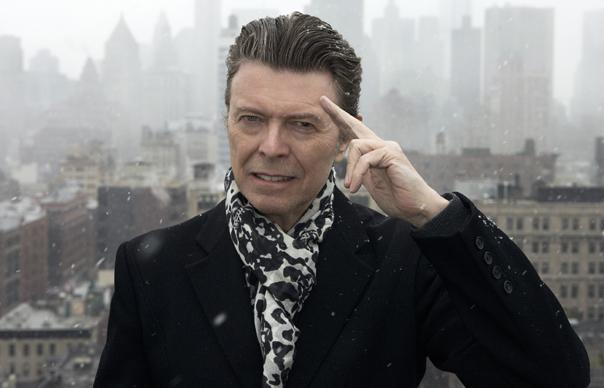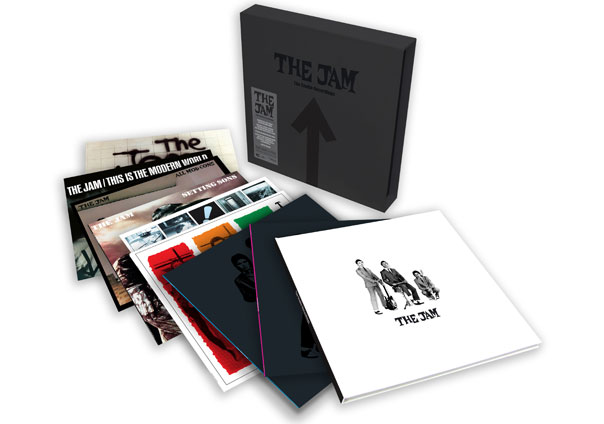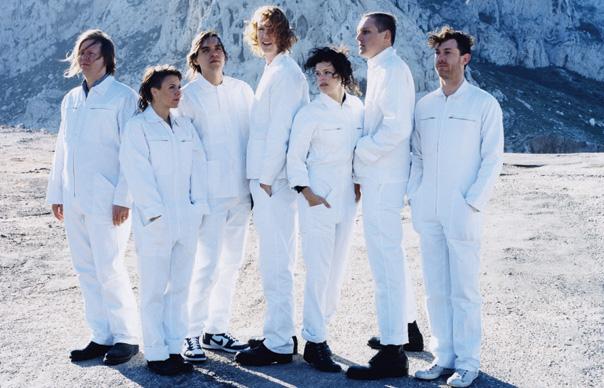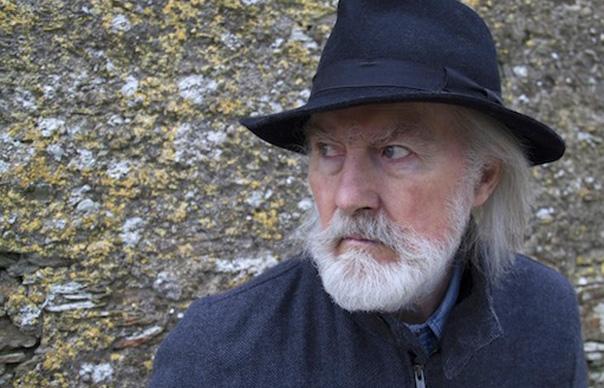Pixies are back with new material and a world tour – but back in August 2006’s issue (Take 111), our forum of Uncut readers and famous fans were interrogating Frank Black about pissing off the band, his relationship with Kim Deal and why he went into therapy. Words: Nick Hasted
_____________
As one quarter of the Pixies, Frank Black helped create American indie rock. Across two landmark releases, ’87’s Come On Pilgrim and ’88’s Surfer Rosa, Black’s primal howl and lyrical obsessions – UFOs, Old Testament horror stories, classical mythology – coupled with the band’s sand-blasted mix of surf-pop-punk, blew away everything that was stale and overblown in US rock in the mid-’80s. In 1993, Black announced he was wrapping up the Pixies during a radio interview – news which came as something of a shock to the rest of the band. After the split, Black spent the best part of the next decade putting as much clear blue water as possible between himself and his past. Across 12 albums he’s reinvented himself as a rootsy solo artist, to varying degrees of success. Most recently he collaborated on Fast Man/Raider Man with a host of Nashville’s finest session players including Steve Cropper and The Band’s Levon Helm. After a spell in therapy and a bitter divorce, Black reformed the Pixies in 2004. The subsequent reunion tour saw them play some of the best shows of their career – “razor-tight and high-velocity”, we wrote at the time of their Brixton Academy dates. The band released a new song, “Bam Thwock”, through iTunes in 2004. Will they record a new album? Or have they only reformed for the money? And just how well do they get on now? These are just some of the questions you’ve put to Frank Black. “OK, I’m ready,” he smiles. “Let’s go.”
_____________
The reunion… are you all in it for the money?
Mark Thornton, Holmes Chapel, Cheshire
We definitely enjoy ourselves. There is a little camaraderie, a gang mentality that takes over when we’re about to take the stage. I wish it could go a bit further again and we could make a record. Not all of the band members are willing to do that. Rather than make a big deal out of it, we’ve agreed to just continue to play live. We’re a little better at communicating with each other now. That’s not to say there aren’t problems. But before, there was almost no communication. Now, when there’s a breakdown, it’s followed by a conversation.
Were you amazed you got away with telling people your Pixies lyrics were meaningless?
Jerome Morris, London
At that time, probably not. Because we were young and hot and I was full of myself. I was probably being accurate when I said the words didn’t mean anything – as far as I was concerned then. Of course, they do have meaning, but it all depends on how in the mood you are to psychoanalyse yourself. If you’re not in the mood, then Pixies lyrics are just mumbo-jumbo.
How did the Pixies manage to write amazing pop songs and make them so twisted at the same time?
Richard Archer, Hard-Fi
It was the most natural thing in the world. Pop with a twist, or twisted pop. I guess that sums up pretty good where I’m coming from. I’m not avant-garde, certainly. And certainly not mainstream. But I guess there are elements of both in whatever it is that I do.
In an interview a couple of years back, you said: “Oh yeah, I’m human.” What did you feel like before?
Jonathan Salamon, Bristol
Someone that was afraid to be human probably. Someone walking very nervously through life. Afraid of when I was going to fall through the floor. Reticent. Then, going through a new type of pain, that I hadn’t experienced before – the dissolution of a marriage – is very dramatic, very adult, kind of weird. So suddenly I felt like I related to a lot of people who I wouldn’t have before. I think that when I first started out, I was just trying to make pop records. That’s still what I do, but there is a possibility to communicate emotions now. When I first started out, I didn’t know how.
Is it true you never thought the Pixies were that good?
Chris Warrington, Preston
No, I don’t think I ever thought that. I may have said things in certain interviews way back when [post-split] that appeared aloof. I felt like I wasn’t getting enough attention. And because I didn’t want to make too big a deal out of what it was that we were. The fact that we weren’t virtuoso players, we didn’t come up from a long line of different bands, the fact that we were so naïve, that was part of it. So people may have thought I was saying we weren’t any good. Really, I was saying we’re good. But we’re also naïve in what we do.
How has the Pixies payday changed your life?
Christian Davis, Port Jefferson, NY
It’s got me back to being marginally famous, which is amusing. People in the grocery store give me funny looks. I don’t know that it’s changed my life at all. There’s money in the bank – but I didn’t buy a speedboat. We don’t live in an extravagant home. It means that I can occasionally spend money foolishly. Stay at nice hotels. Buy that other car that I don’t really need. I’m very happy to have received what I have. But to really change your life, you need to get to the next level, where you’re dealing with more zeros. Then you’re talking about that second home in Paris. Which would suit me just fine.
What’s the lineup for your ideal band?
David Thomas, Pere Ubu
David’s in my band, of course – as co-vocalist and guru. Either vocalising, or if he wants to bring the whole show crashing to a halt and take it somewhere else – he has that power. And then on bass I’ll take Gerry Love from Teenage Fanclub. For drums, I once got to play in the studio with Dave Grohl, and he is the loudest drummer I’ve ever played with. It’s a rock band; might as well get the loudest. I’ll take Richard Hawley on guitar, because I like him very much personally. Mick Harvey of the Bad Seeds on keyboards. And I guess for a singer, to counter David Thomas, I’ll take Lisa Kekaula of The Bellrays.
Why did you have therapy? Did it change you?
Spencer Driscoll, Woodbridge, Suffolk
The main way that it changed me is that I have less temper tantrums. I respond more analytically. One of the great truths I learned in therapy is that everybody has an agenda driving them. Were I to get into a particular situation now – I could be on tour with the Pixies, for example – and there was some sort of problem, I apply that knowledge, instead of becoming a total hothead. Because I come from a long line of hotheads. We’re not violent to other people. But we break things. We shout, we stomp around. My dad was like that. We’re just loud – WAAH! It isn’t that you need therapy. It’s just a way of learning stuff. As esoteric as we are as people, our problems are all very plain.
Is it true you deprive yourself of sleep when you’re writing?
Emma Jones, Edinburgh
The most dramatic example I ever had of that was when the head of 4AD was coming to hear the tapes of my first solo album. And I’d done lots of work on the music, but had hardly written any lyrics, which was sort of my method at the time. So I stayed up two days writing and singing, which if you’re not a speed or cocaine freak is a long time. Then I slept on a hammock. My wife – ex-wife – said I slept with the spittle dried onto my face, like white paste. One thing that is constant through all of my songwriting and recording is the element of sleep deprivation. When you get excited about what you’re doing, you operate on deliberately less and less sleep. I like doing that. Which is not true in the rest of my life. I’m just as happy going to sleep as going out. Because I enjoy sleeping.
You explore some very specific inspirations in your lyrics – space travel, The Bible, unfaithfulness, Spain. Are these subjects you obsess over?
Ross Millard, The Futureheads
It’s a bit obsessional. The subject matter is a combination of a very conscious and very unconscious effort of the mind. I can see the world I’ve created sometimes, when I’m writing the song. Afterwards, I forget what it was about. But while I’m constructing the world, it’s like I’m inside of the egg itself as I’m creating. It’s a non-verbal, abstract way of mind, but I also have a very strong sense of what it is.
What did you think the first time you heard Nirvana?
Tim Havelock, Blackpool
I don’t know if it was the first time I heard them, but it was the first time it was discussed to my face. It was on the tourbus, and it was, of all people, Kim Deal, who was rockin’ out, and she was like, “You heard this new Nirvana record? It’s really good.” She was really impressed. So my reaction was to try very hard not to be. It wasn’t Nirvana’s fault. If someone becomes very hip or popular, I tend to fight against that grain. If there’s one person in the world who isn’t going to hear a Pixies influence on Nirvana, that person is going to be me. I’m too involved in it myself to hear it in other places.
Was it a big deal for you, when you started singing Pixies songs again in 2000?
Jamie Mills, Northampton
I thought it was going to be a big deal. I remember the first gig I did it, at the Shepherds Bush Empire. I think it was “Wave Of Mutilation”, for the encore. I’d sent a roadie out to buy a copy of the record that afternoon, because I was afraid I was going to forget the lyrics. I built it up leading up to the gig, and when I did it, it was just a song. The audience’s response was: “Oh.” A lot of people didn’t notice. I was totally nervous before I sang it. But I guess like a lot of other people in the world, I had built up that band in my own mind as this cosmic thing. It’s really self-important. [Portentously] “I wrote this song, and I have not sung it now for these many moons. They have gathered, and I will surprise them all, with a song I said I would never perform again!” I was a bit deflated afterwards. But in a good way.
I’d like to know which beach the Pixies are running on in the “Velouria” video?
Gruff Rhys, Super Furry Animals
Oh, that’s not a beach – that’s a quarry outside of Manchester. It was for a TV advert, and the director had us running towards the camera. And I had the brilliant idea – let’s stretch it over the length of a song in slo-mo, and there’s our video! I wish that the standard was different for video. I wish they could be more minimalistic and lower production. There’s something about the whole thing that just came out beautiful. It had the aura of a photograph, because it was slowed so much.
Did it depress you when your solo career was ridiculed?
Donna Murray, via email
Occasionally, yeah. It would bother me very much. But it’s something that I have grown used to. You have to take the old show business attitude – as long as they’re spelling my name right… And there’s something satisfying about having a record like Teenager Of The Year [1994] in my catalogue, which maybe didn’t set the world on fire when it came out. But now people are going back and saying, that’s a little gem. That’s more satisfying than having a hit record in some ways. It’s a battle that’s long fought. It’s still in print – not dead yet!
Do you regret splitting the Pixies without telling your bandmates?
Sean Peterson, Sheffield
Oh yeah. Because it has probably affected our relationship to this day. It’s a bone of contention that we’ve buried. I guess I really hurt their feelings. I don’t know. How are you supposed to break up a band? I just didn’t know how to do it.
How would you describe your relationship with Kim in 1991, when you were breaking up, and now?
Andy Murrell, Liverpool
In 1991, we found it hard to even look at each other, let alone speak. Now, if we’re on tour together, we hang out, we hug. I can’t say, though, that in 1991 our relationship had become full of rage, or hateful anger, or we were ready to lash out. It was this stalemate. A standstill. Now, it’s… less like that! We have some good conversations, I suppose. But I have a headstrong personality, and she’s very immovable, sometimes. I think now, we disagree on things, but we don’t really care. Whereas before it probably drove the other person crazy!


